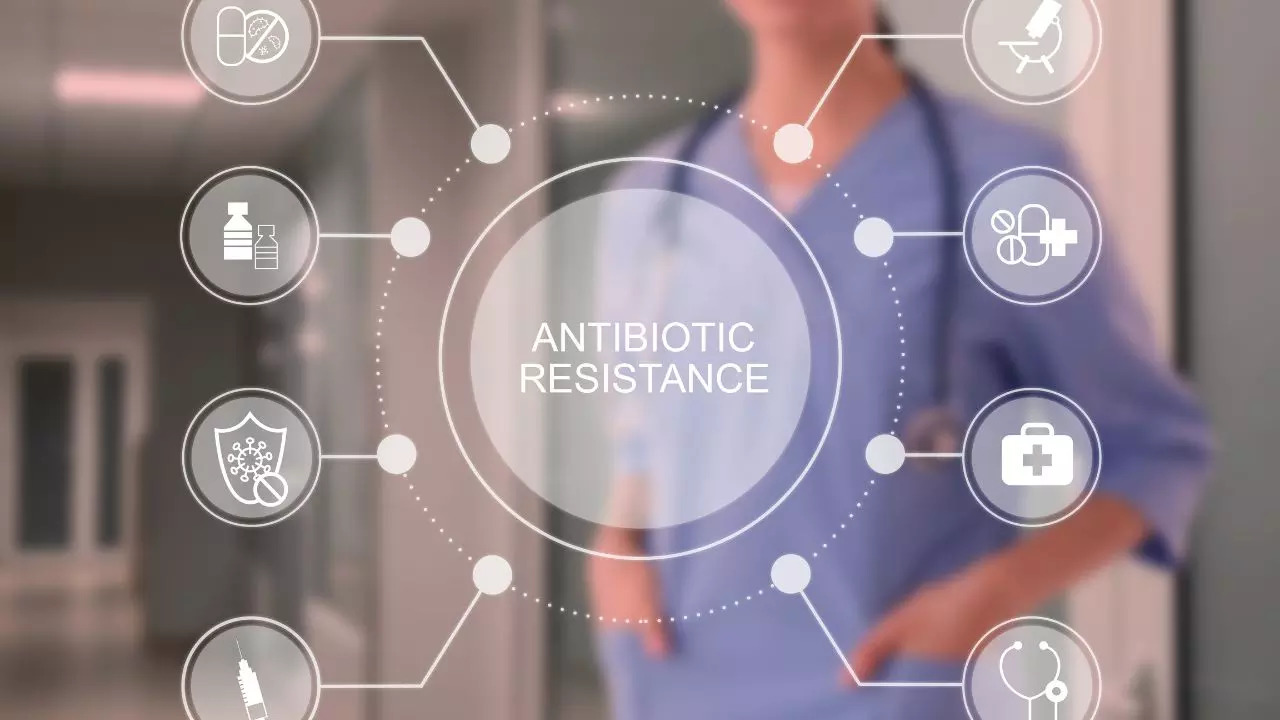Kerala’s campaign against antibiotic sales aims to curb rising antimicrobial resistance
Kerala has reported a Rs 1,000 crore drop in antibiotic sales over the past year. Of the Rs 15,000 crore sold annually in the state, antibiotics reportedly accounted for Rs 4,500 crore. The government enforced strict rules which led to a Rs 1,000 crore drop in antibiotic sales.
There are several infectious diseases that have been increasing due to antimicrobial resistance which is due to overuse of antibiotics. The state health department also revoked the licenses of several pharmacies that were selling antibiotics without a prescription. According to a report by Onmanorama, the authorities have also ordered medical organizations, such as the Indian Medical Association, to be careful while prescribing antibiotics to patients.
The Kerala Chemists and Druggists Association says the decline in antibiotic sales was mainly due to government interventions and a reduction in antibiotic prescription by doctors.
What is antimicrobial resistance??
Antimicrobial resistance (AMR) occurs when germs develop the ability to overcome the drugs designed to kill them, according to the Centers for Disease Control and Prevention (CDC). These are usually prescription antibiotics. AMR can affect people at any stage of their lives, as well as the healthcare, veterinary and agricultural industries.
The World Health Organization (WHO) says antimicrobial resistance is one of the world’s most pressing health problems. It has directly caused the deaths of nearly 1.27 million people and contributed to the deaths of 4.95 million worldwide in 2019.
Antimicrobial resistance is a natural process, but it is caused by a combination of germs exposed to antibiotics and antifungals and the spread of those germs and their resistance mechanisms.
Antibiotic use also affects antimicrobial resistance. The CDC states that these drugs kill some germs that cause infections, but they also kill helpful germs that protect our bodies from infections. Antimicrobial resistance accelerates when antibiotics and antifungals pressure bacteria and fungi to adapt. Antimicrobial-resistant germs survive, multiply, and spread to other germs. These surviving germs have resistance traits in their DNA that can spread to other germs.
Ways to prevent antimicrobial resistance
It is not possible to completely eliminate antimicrobial resistance, as microbes can always change and adapt to their environment. However, there are some ways to limit exposure, including:
- Talk to your doctor to discuss your symptoms and decide on the right medication to treat any condition.
- Follow the guidelines mentioned in the prescription.
- Do not take someone else’s prescription medications or share yours with them.
- Do not save old prescription medications for later use.
- Get vaccinated as recommended.
Disclaimer:
The information contained in this post is for general information purposes only. We make no representations or warranties of any kind, express or implied, about the completeness, accuracy, reliability, suitability or availability with respect to the website or the information, products, services, or related graphics contained on the post for any purpose.
We respect the intellectual property rights of content creators. If you are the owner of any material featured on our website and have concerns about its use, please contact us. We are committed to addressing any copyright issues promptly and will remove any material within 2 days of receiving a request from the rightful owner.

